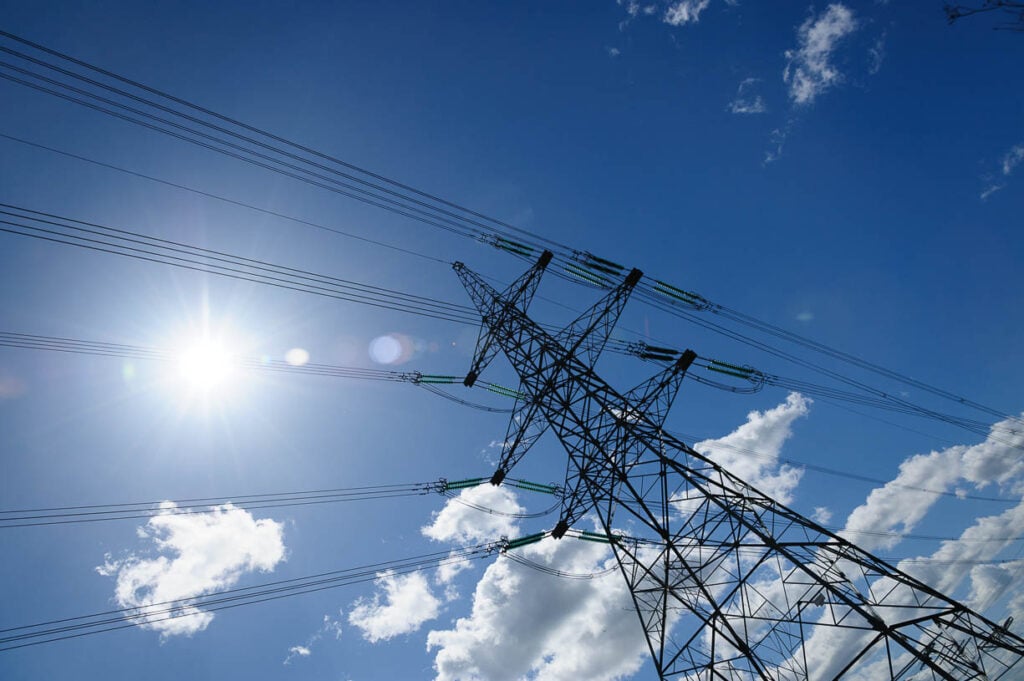UK grid consultancy Roadnight Taylor has noted a 583% surge in demand for its due diligence service since August 2023. It highlights the rise in transaction volumes in the UK, representing the rapidly expanding market.
Specialist connections engineers, whom the company calls “connectologists,” can help identify hidden issues that might cause a delay to the date on which projects start generating revenue, restrict capacity or prevent revenue generation once connected.
Their insights can also uncover hidden issues that would add cost to the connection process.
Hugh Taylor, CEO of Roadnight Taylor, attributes the growth to an uplift in requests from investors in solar and battery energy storage systems (BESS), wind farms and the significant increase in transmission connected schemes.
He said: “If a project is delayed or disconnected because of an unforeseen grid connection problem, then that’s often going to be costing the developer or investor millions in lost revenue after it has made the lion’s share of its investment. The sizeable numbers can tie development or asset management teams in knots for months, and has the potential for collateral damage, reputationally.
“We are finding ticking timebombs in many of our reviews, some of which we can help our clients to diffuse. We are also being parachuted in to address issues in projects post-acquisition where problems were missed. It’s not worth leaving due diligence to chance.”
Roadnight Taylor works with clients, including Octopus Renewables, Centrica and Ørsted, to overcome grid connections barriers.
Paul Bennett, head of consents and grid connections at Centrica Business Solutions, said the importance of due diligence could not be overstated.
“The timing and reliability of any renewables project’s grid connection is fundamental to its ability both to begin and continue generating income, and to deliver Net Zero,” said Bennett.
“With the levels of investment in individual schemes being in the tens and hundreds of millions – and the connections landscape becoming increasingly congested and complex – our requirement for an extreme depth of expertise in connections due diligence has grown alongside our appetite to acquire quality projects.”
Easing UK grid connection
Grid connectivity is a major challenge for the UK’s energy networks. One of the major hinderances caused by grid connectivity delays is a ‘clogging’ of the renewable project pipeline and many low carbon assets.
Accelerating grid connections and reducing the grid connection queue has been an ongoing process for UK energy industry members, as every sector is significantly affected.
If the UK wants to attain its net zero power grid by 2035, renewable projects must be able to connect efficiently, but most are facing delays of five to ten years at least. More on this can be found in the Current± Explores: the grid connection conundrum mini-series.
This week, UK Power Networks’ (UKPN) distribution system operator (DSO) launched the Advanced Curtailment Report to provide new renewable energy providers with data and support around curtailment through the connections process.
To speed up connections, it also recently launched a new programme, called Technical Limits, which leverages the insights and data developed through its Distributed Energy Resource Management (DERMS) platform to connect more generation to the network.
Under the fast-track scheme, a total of 25 projects are set to connect as soon as they can be built.






